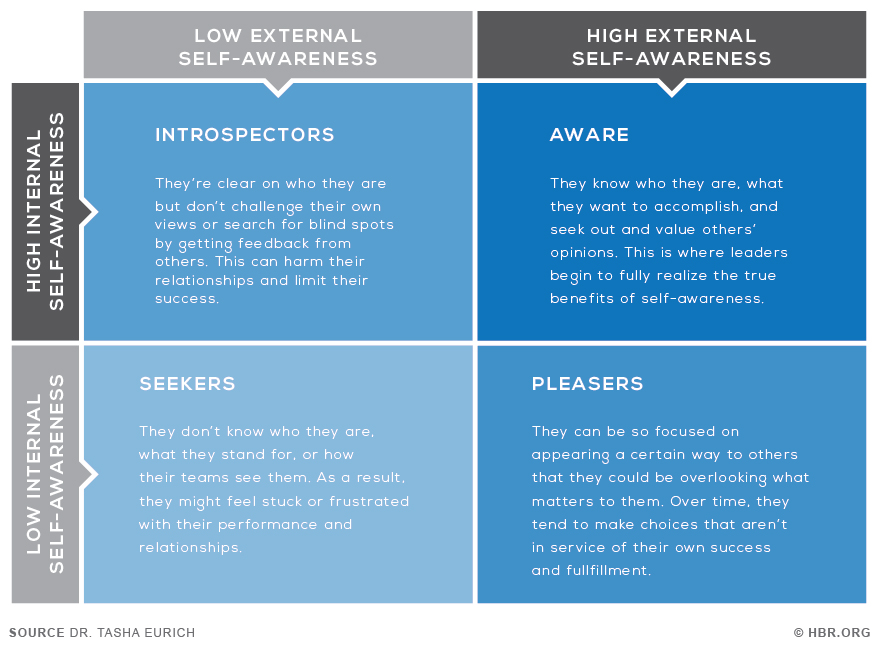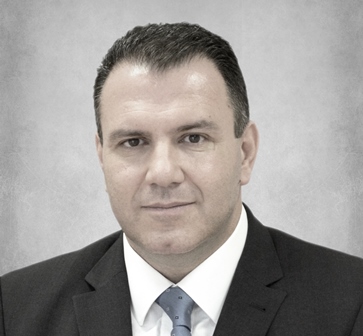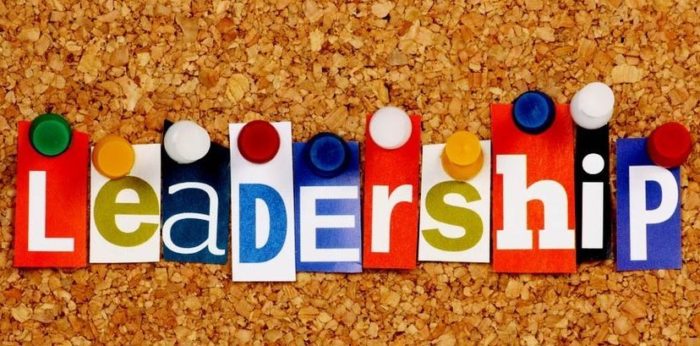Lately, there have been many signs that leadership development is being flawed; an assumption rising from the fact that although people search what behaviors to change in order to become a better leader, they do not search how to change those behaviors. It is of essence therefore, to generate a discussion on leadership development focusing on the self-awareness part which is probably the foundation to ensure good leadership. Here’s why;
As one’s power grows, one’s willingness to listen shrinks, either because they think they know more than their employees or because seeking feedback will come at a cost.
-Business professor James O’Toole
What is self-awareness?
We have been through the term “self-awareness” in previous articles explaining emotional intelligence & professional resilience. At this point it is important to mention the self-competence field in general, which includes:
- one’s ability to accurately perceive emotions and stay aware of them as they happen; the so-called self-awareness ability and
- the self-management; one’s ability to use the aforesaid self-awareness in order to stay flexible and positively direct his/her behavior.
Focusing on the self-awareness ability, anyone could say with confidence: “I am quite self-aware”. However, this is a hard skill to define; self-awareness is an ongoing process involving the following:
- Being open to constant learning and development
- Being open to feedback
- Being open minded about your strengths
- Being open minded about your weaknesses
- Being aware of your personal blind spots
- Listening without justifying
- Staying curious; asking questions to improve problem solving and/or decision making
- Always setting new standards about yourself
- Embracing self-awareness as a standard practice in your life
Considering the aforesaid, being self-aware means being conscious of your strengths while acknowledging what you can learn from the people around you.
Your perception of the world is a reflection of your state of consciousness
– Eckhart Tolle, spiritual teacher
Therefore, self-awareness is directly linked to emotional intelligence. Besides, Dr. Travis Bradberry, author of Emotional Intelligence 2.0, describes self-awareness as one of the core components of emotional intelligence! Indeed, people with high emotional intelligence are usually very self-aware; meaning that they have the ability to recognize emotions (and their impact) in both themselves and others.
The Four Self-Awareness Archetypes
This 2X2 maps internal self-awareness (how well you know yourself) against external self-awareness (how well you understand how others see you):

But why is self-awareness important to leadership?
As mentioned above on an interpersonal level, self-awareness’ benefits can be great; bring the trust of others or increase one’s credibility. But on an organizational level, it makes you a better leader as you acknowledge what you have yet to learn; you’re admitting you don’t have all the answers; you ask for help. Thus, great leadership starts with high self-awareness as it lays the foundation upon which emotional and social intelligence is built. In other words, it helps leaders link their emotions to the effectiveness of their interactions with others. Several studies/researches conducted in the past years verify the aforesaid. Specifically:
- Approximately 40% of CEOs are said to be MBAs. According to one study, researchers compared the organizational performance of 440 CEOs who had been celebrated on the covers of magazines like BusinessWeek, Fortune, and Forbes. The researchers split the CEOs into two groups — those with an MBA and those without one — and then monitored their performance for up to seven years. Interestingly, the performance of those with an MBA was significantly worse.
- Another study, published in the Journal of Business Ethics, looked at the results of more than 5,000 CEOs and came to a similar conclusion.
- A study by the Cornell School of Industrial and Labor Relations found self-awareness to be the strongest predictor of overall success. Awareness of one’s own weaknesses enables executives to work with others who have differing strengths to them, they are more easily able to accept the idea that someone else may have better ideas or abilities than their own and therefore benefit from that.
- Korn/Ferry International study has found that companies with strong financial performance tend to have employees with higher levels of self-awareness than poorly performing companies.
Bill George, a professor of leadership at Harvard Business School, and former CEO of Medtronic, says that:
“Self-awareness is the starting point of leadership. Self-awareness is the skill of being aware of our thoughts, emotions, and values from moment to moment. Through self-awareness, we can lead ourselves with authenticity and integrity — and in turn better lead others and our organizations.” (True North: 2017)
 Did you know?
Did you know?
Research published in Nature Neuroscience has found that a short daily mindfulness practice leads to changes in the structure and function of the brain that enhance self-awareness.
About Apostolos Belokas
 Apostolos is a Maritime Safety, Quality & Environmental Expert, Consultant, Trainer and Project Manager with more than a 20-year background in shipping as Technical, Marine, Safety & Training Superintendent and Consultant. He entered the industry back in early 90’s as Engineering Superintendent with a leading ship manager operating a mixed fleet of bulk and oil/chemical tankers. He then shifted to regulatory compliance and QHSE as superintendent and later as a Consultant and Trainer. Apostolos has successfully completed a wide range of QHSE projects including 250+ management system projects (ISM/ISO 9001-14001-18001/TMSA/MLC), 500 vessel and office audits to various standards and he has trained more than 8,000 people in a wide variety of QHSE subjects. He has also presented and chaired to more than 40 conferences. He holds Mechanical Engineering Bachelor and Master’s specialising in Energy & Environment and Master’s Degree in Maritime Business and Business Administration (MBA), all of them awarded with distinction. Apostolos is the Managing Director of SQE MARINE, SQE ACADEMY and Managing Editor of SAFETY4SEA.
Apostolos is a Maritime Safety, Quality & Environmental Expert, Consultant, Trainer and Project Manager with more than a 20-year background in shipping as Technical, Marine, Safety & Training Superintendent and Consultant. He entered the industry back in early 90’s as Engineering Superintendent with a leading ship manager operating a mixed fleet of bulk and oil/chemical tankers. He then shifted to regulatory compliance and QHSE as superintendent and later as a Consultant and Trainer. Apostolos has successfully completed a wide range of QHSE projects including 250+ management system projects (ISM/ISO 9001-14001-18001/TMSA/MLC), 500 vessel and office audits to various standards and he has trained more than 8,000 people in a wide variety of QHSE subjects. He has also presented and chaired to more than 40 conferences. He holds Mechanical Engineering Bachelor and Master’s specialising in Energy & Environment and Master’s Degree in Maritime Business and Business Administration (MBA), all of them awarded with distinction. Apostolos is the Managing Director of SQE MARINE, SQE ACADEMY and Managing Editor of SAFETY4SEA.
































































